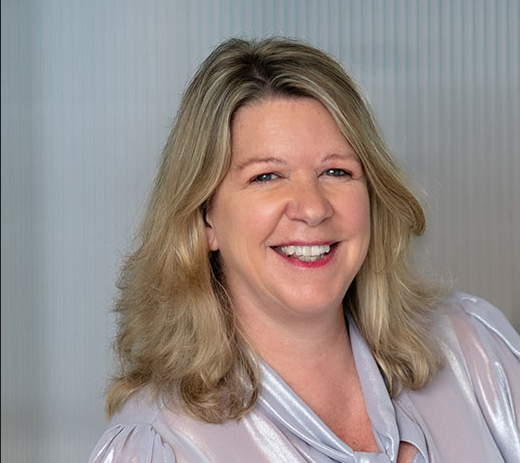A survey of 101 female c-suite business leaders has found that 100 percent of respondents have experienced gender bias at work.
The research, from law firm Cripps, also revealed that 95 percent of respondents said this bias had affected their careers.
The majority, 90 percent, pointed to professional barriers to career progression and business growth, such as organisational or governmental policy, both of which are largely outside an individual’s control.
Higher barriers
A breakdown of this 90 percent shows that 25 percent believe female business owners and founders have higher barriers then men when seeking investment. More than a fifth (22 percent) cited “access to affordable childcare” as a barrier to a successful career and 19 percent reported “lack of access to appropriate networks of professional contacts”.
The survey found that 62 percent of respondents cited a lack of self-confidence or family ambitions as a career hurdle. More than a quarter (26 percent) said that “taking a career break to start a family” could stall your career.
A lack of self-confidence was an issue for 17 percent of respondents, with 37 percent reporting that gender bias at work has affected their confidence in their own abilities.
Common bias
The most common gender biases cited by c-suite women were outdated views and gender assumptions (33 percent and 31 percent respectively). In a similar vein, female business owners and founders said they had experienced support bias and stereotyping (32 percent and 30 percent respectively).
Victoria Symons, partner at Cripps, said: “We’ve observed that many larger businesses have invested a lot of time and capital in addressing the gender imbalance at the top of their businesses. However, many of them struggle with legacy frameworks that are hard to displace due to their size.
“This is also observed by many of the female leaders we work with at Cripps, whom we interviewed as part of our Female Leaders campaign.”
More can be done
Symons said that the team at Cripps believes more can be done in the middle-sized business section because they are agile enough to implement changes to process and culture. Action now will combat bias before budding issues become “hard-to-displace” legacy ones, she said.
“We have found resource is typically the go-to excuse for many of these mid-sized businesses, which are typically aggressively pursuing growth on a budget. However, big differences can be made from small changes that are in reach for cash-strapped businesses, and there are a few we are calling for businesses to implement,” she said.
Empower female leaders
In response to its survey findings, Cripps has launched a manifesto urging decision makers in business and government to empower women business leaders and owners by making changes to process and culture to help achieve gender parity at work.
At policy level, the law firm has called for interventions including strengthening compliance with anti-discrimination laws, gender quotas for the board and middle-management roles, access to mentorship, education and training for women, improved access to childcare provisions, including pay for both parents, and a dedicated government venture capital vehicle for women-led ventures.
In terms of organisational changes, the law firm has called for easier access to funding options, support for flexible work environments, increased female representation in finance, and front-office investment staff, more mentorship and networking opportunities, greater levels of diverse hiring and promotion practices as well as mandated gender bias training, support for childcare access, and greater recognition of female success.
Symons added: “In today’s business landscape, achieving gender parity remains a pressing issue. Female leaders and entrepreneurs face unique challenges, from funding disparities to male-dominated networks and juggling the competing demands of work and life. By addressing these challenges, we can create a more equitable environment that allows businesses to thrive, benefitting everyone regardless of gender. We hope this report takes a crucial step towards understanding these issues and implementing meaningful solutions.”
Remove the barriers
Calls to remove barriers to female career progression featured heavily at the Women In Work (WiW) Summit in London last week, including in a keynote speech from Prerana Issar, chief people officer at Sainsbury’s. At the event, WiW launched its WiW100, a list of the top performing UK businesses for gender equity at work.
As the GEM report and the WiW100 show, progress on gender equity at work is being made. Further reports show that this year 42 percent of FTSE 350 directorships were held by women, an increase from 26 percent in 2015. However, this data also showed that there is more work to be done as in 2022 just 18 percent of SMEs were led by women, a percentage that has not changed since 2015.
The Alison Rose Review of Female Entrepreneurship reported that that up to £250 billion of new value could be added to the UK economy if women started and scaled new businesses at the same rate as men.
- The full findings and first person experiences of women leaders are detailed in the Cripps report ‘Beating bias: Fuelling female leadership’.












